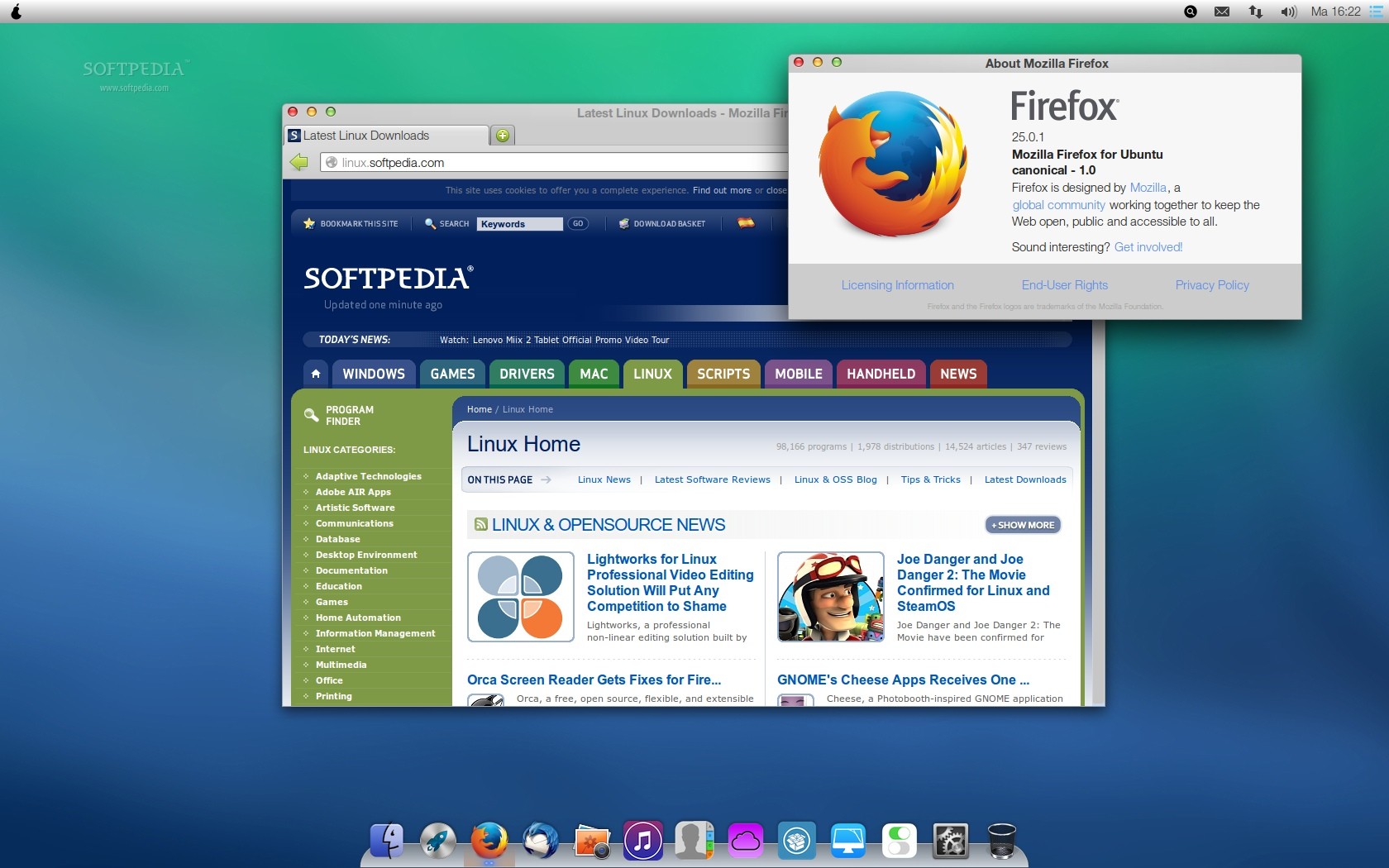Xdebug: A powerful debugger for PHP. Precompiled Windows Modules. There are a few precompiled modules for Windows, they are all for the non-debug version of PHP. Pearl Linux OS - A stable Mac OS X Styled Linux Distribution with many extras. Download XAMPP for Windows, Linux, and OS X. Older versions of Solaris are also available.
» Feature: Installation
This section describes on how to install Xdebug.
Linux Distro
Precompiled Windows Modules
There are a few precompiled modules for Windows, they are all for the non-debugversion of PHP. You can get those at the downloadpage. Follow these instructions to get Xdebuginstalled.
PECL Installation
As of Xdebug 0.9.0 you can install Xdebug through PEAR/PECL. This only workswith with PEAR version 0.9.1-dev or higher and some UNIX.
Installing with PEAR/PECL is as easy as:
but you still need to add the correct line to your php.ini: (don't forget tochange the path and filename to the correct one — but make sure you usethe full path)
Note: You should ignore any prompts to add 'extension=xdebug.so' tophp.ini — this will cause problems.
Installation on Mac OS X
PHP is available from the unofficial Mac OS X package manager Homebrew. Homebrew recommends using PECL to install Xdebug, so please follow the instructions above for installing via PECL.
Installation From Source
You can download the source of the latest stable release 2.7.2.Alternatively you can obtain Xdebug from GIT:
This will checkout the latest development version which is currently 2.8.0beta2.You can also browse the source at https://github.com/derickr/xdebug.
Compiling

There is a wizard available that provides youwith the correct file to download, and which paths to use.
Pear Os 8 Download Windows 10
You compile Xdebug separately from the rest of PHP. Note, however,that you need access to the scripts 'phpize' and 'php-config'. Ifyour system does not have 'phpize' and 'php-config', you will need tocompile and install PHP from a source tarball first, as these scriptare by-products of the PHP compilation and installation processes. (Debian userscan install the required tools with apt-get install php5-dev). It is important that the source versionmatches the installed version as there are slight, but important, differencesbetween PHP versions. Once you have access to 'phpize' and'php-config', do the following:
- Unpack the tarball: tar -xzf xdebug-2.7.2.tgz. Note that you donot need to unpack the tarball inside the PHP source code tree.Xdebug is compiled separately, all by itself, as stated above.
- cd xdebug-2.7.2
- Run phpize: phpize (or /path/to/phpize if phpize is not in your path). Makesure you use the phpize that belongs to the PHP version that you want to useXdebug with. See this FAQ entry ifyou're having some issues with finding which phpize to use.
- ./configure --enable-xdebug
- make
- make install
Pear Os 8 Download Windows
Configure PHP to Use Xdebug
- add the following line to php.ini:zend_extension='/wherever/you/put/it/xdebug.so'. For PHP versions earlierthan 5.3 and threaded usage of PHP (Apache 2 worker MPM or theISAPI module), add: zend_extension_ts='/wherever/you/put/it/xdebug.so' instead.Note: In case you compiled PHP yourself and used--enable-debug you would have to use zend_extension_debug=.Note: If you want to use Xdebug and OPCache together, youmust load Xdebug after OPCache. Otherwise, they won't work properly.From PHP 5.3 onwards, you always need to use the zend_extension PHP.inisetting name, and not zend_extension_ts, nor zend_extension_debug. However,your compile options (ZTS/normal build; debug/non-debug) still need to matchwith what PHP is using.
- Restart your webserver.
- Write a PHP page that calls 'phpinfo()' Load it in a browser andlook for the info on the Xdebug module. If you see it next to the Zend logo,you have been successful! You can also use 'php -m' if you have a commandline version of PHP, it lists all loaded modules. Xdebug should appeartwice there (once under 'PHP Modules' and once under 'Zend Modules').
Debugclient Installation

Unpack the Xdebug source tarball and issue the following commands:
This will install the debugclient binary in /usr/local/bin unless you don't have libedit installed on your system. You can either install it, or leaveout the '--with-libedit' option to configure. Debian 'unstable' users caninstall the library with apt-get install libedit-dev libedit2.
Pear Os 8 Download For Windows 7
If the configure script can not find libedit and you are sure you have (andit's headers) installed correctly and you get link errors like thefollowing in your configure.log:
you need to change your configure command to: